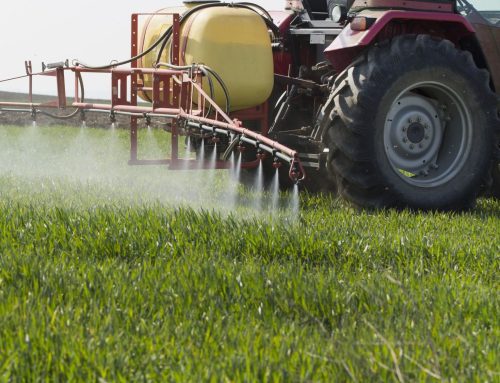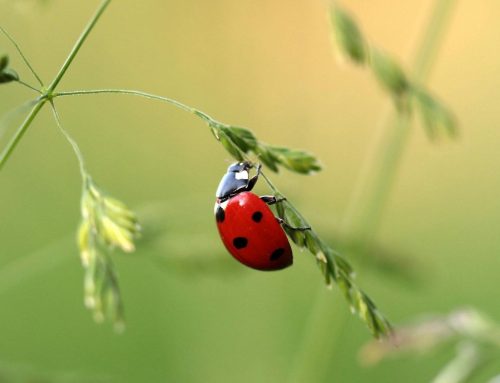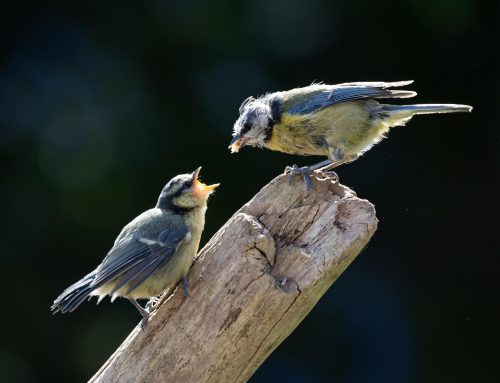British shoppers are unknowingly buying supermarket chicken that is linked to the poisoning of people and rare tropical animals in the Amazon in a “hidden scandal”, according to the Soil Association’s new ‘Stop Poison Poultry’ campaign. Vital Latin American ecosystems are falling victim to the toxic chemicals sprayed on soya – which is exported to the UK to feed livestock, primarily chickens. The health of soya farmers and their families is also at risk.
Brazil has ramped up soya production to meet global demand for grain-fed chicken and pork and the country’s pesticide use has surged by a “terrifying” 900% since 1990. Most of the pesticides used on Brazilian soya are banned for use in the UK, but some are being produced and sold abroad by companies operating out of Britain and Europe.
Soil Association Campaigns Advisor Cathy Cliff said: “British shoppers should be able to walk into a supermarket and buy food that isn’t harming children, killing bees, or threatening rare and treasured wildlife thousands of miles away. The average British chicken casts a toxic shadow and comes with a poisonous price tag – and vulnerable animals and communities are paying that price with their health. The scale of highly hazardous pesticide use in Brazil is terrifying, as is our chicken industry’s reliance on these soya crops. It is a hidden scandal that both British shoppers and farmers are largely blind to, and it must not continue – we must stop the poisoning associated with UK poultry farming.”
More than one million tonnes of soya are imported into the UK each year to feed British meat chickens, which are predominantly housed in intensive systems. Brazil has become the global epicentre of soya production and these crops account for 60% of the country’s pesticide use, despite soya only covering 40% of its crop land. In recent years, Brazilian President Jair Bolsonaro has loosened controls on pesticide use, allowing a glut of new and harmful products onto the market. These chemicals are killing bees and bugs, and the animals who eat those insects are being found with a cocktail of chemicals in their bodies. People – especially children – are also suffering, with around 70,000 pesticide poisonings in Brazil every year.
Retailers and government must act
According to a Soil Association survey carried out in January 2022, none of the 10 leading UK supermarkets are monitoring or restricting the use of highly hazardous pesticides in their soya supply chains. The Soil Association has therefore launched a petition calling on them to spark change and commit to removing these products from their supply chains. So far, the campaign has support from Dragons Den star Deborah Meaden, and Dave Goulson, Professor of Biology at the University of Sussex.
Cathy Cliff adds: “Our research has found that the 10 leading UK supermarkets are all ensnared in a broken system that is damaging communities, animals and ecosystems. British retailers are already taking good steps to address deforestation in their soya supply chains, and now we need them to address these hazardous pesticides. Supermarkets cannot fix this problem on their own, but they can use their buying power to address the issue, and help our farmers to access more sustainable feed.”
Read about how a trade deal threatens to increase pesticide-related harms in the UK and Brazil.





